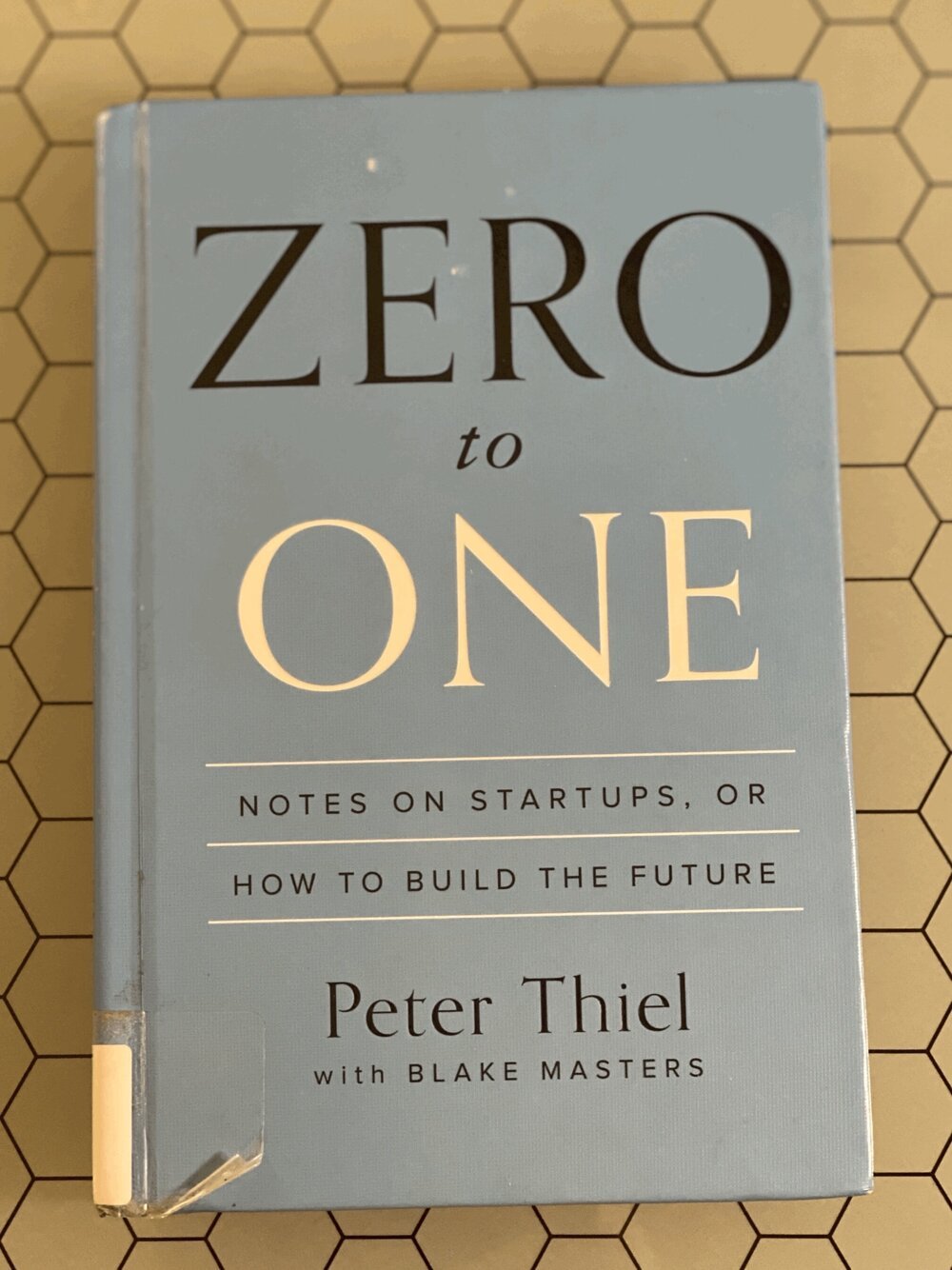Book Summary: Zero To One, By Peter Thiel
This book has been recommended by almost all of the product management thought leaders that I follow on LinkedIn and Instagram. It got to the point where I could no longer ignore it. So here we are.
QUICK SUMMARY
This book is based on a course about startups that Thiel taught at Stanford in 2012. One of his students, Blake Masters, took extensive notes that were shared outside of class and outside of campus. They gained such popularity that Theil worked with Masters to turn those notes in to this book.
Unlike most business books that offer one unique idea and recycle it throughout the remaining pages, Zero to One offered many unique ideas with very strong perspectives. As a result this relatively short book (195 pages) took me over a month to read. I found myself needing some space between reading sessions to process and create my own perspective.
IDEAS THAT RESONATED
At the most dysfunctional organizations, signaling that work is being done becomes a better strategy for career advancement than actually doing work. [Page10]
Yikes. As a 20 year veteran of corporate life, this one struck a chord. There is truth to the fact that being good at packaging and promoting your work is an important part of advancing your career. For me though this falls apart at the idea that someone with poor work or a lack of work output can BS their way to advancement. My fortunate verdict is that have never worked for an organization where the actual work takes a backseat to charismatic positioning.
Individuals with an Asperger's like social ineptitude seem to be at an advantage in Silicon Valley today. If you're less sensitive to social cues, you're less likely to do the same things as everyone else around you. [Page 40]
This idea fascinated me. Throughout my career I’ve met several people that fit this classification. Clearly bright and at the same time socially inept and often disliked by peers. This idea left me with questions. The same quirkiness that is almost expected of a startup employee does not play well in a corporate executive conference room. Can this type of person to succeed in a larger organization? What kind of corporate culture would need to exist in order for that to happen?
Sales is hidden. Even businesspeople underestimate the importance of sales [because of] the systematic effort to hide it at every level of every field in a world secretly driven by it. [Page 129]
The way that this is worded is very powerful to me. We do hide the fact that we are selling, because nobody wants to be labeled ‘sleazy’ and nobody wants to be ‘sold to’. But the ubiquitous quote holds water all these years later - nothing happens until somebody sells something. If you’re not sure how to communicate your ideas to inspire action, I can help. Contact me about one-on-one consulting.
Drop your email below if you liked this book summary and you want to be the first to know when new content is available.

